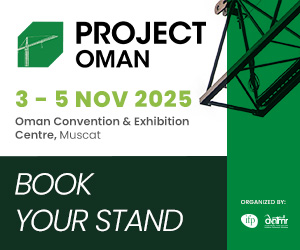Lebanese Prime Minister Nawaf Salam announced that Lebanon’s post-war recovery needs are estimated at $12 billion, emphasizing that the country’s goal is not just reconstruction but “building back better”—with sustainability, inclusivity, and transparency at the core.
Speaking during a roundtable on the “Emergency Support Project for Lebanon,” Salam highlighted the urgent need for international financial support to restore public infrastructure and essential services severely damaged by the conflict with Israel.
The meeting brought together diplomats from Arab, European, and Western nations, alongside international aid agencies and institutions.
“Lebanon stands at a critical crossroads,” Salam said. “Instead of a summer of renewal, we are facing the devastating aftermath of war, with lives lost and national infrastructure deeply impaired.”
The Nabatieh and South Governorates were hardest hit, with significant damage also in Mount Lebanon and Beirut’s southern suburbs. The war’s economic toll has been severe—real GDP contracted by 7.1% in 2024, following a 0.9% drop the previous year. Lebanon’s economy has shrunk by nearly 40% since 2020, worsening an already profound financial crisis.
To respond, the government launched the Lebanon Emergency Assistance Program (LEAP), a $1 billion plan aimed at bridging immediate relief with long-term reconstruction. Described by Salam as a “transformational roadmap,” LEAP focuses on:
Rebuilding infrastructure
Restoring public services
Promoting climate-resilient, inclusive development
The program also places strong emphasis on transparency and regional equity, with oversight across ministries to ensure aid reaches the most affected communities.
“This is not a task Lebanon can handle alone,” said Salam. “We need coordinated international support under a unified, state-led framework that strengthens institutions and rebuilds public trust.”
Salam also stressed that Lebanon’s financial collapse stems not only from crisis but from years of mismanagement and impunity:
“Meaningful reform is not optional—it is essential.”
Source: Asharq Al-Awsat











































































